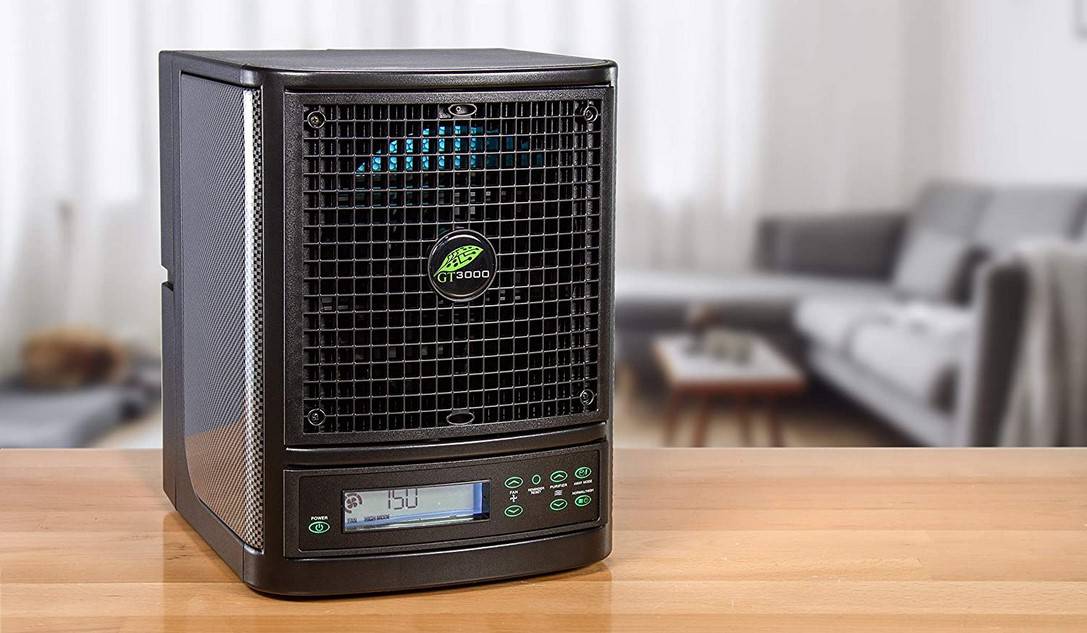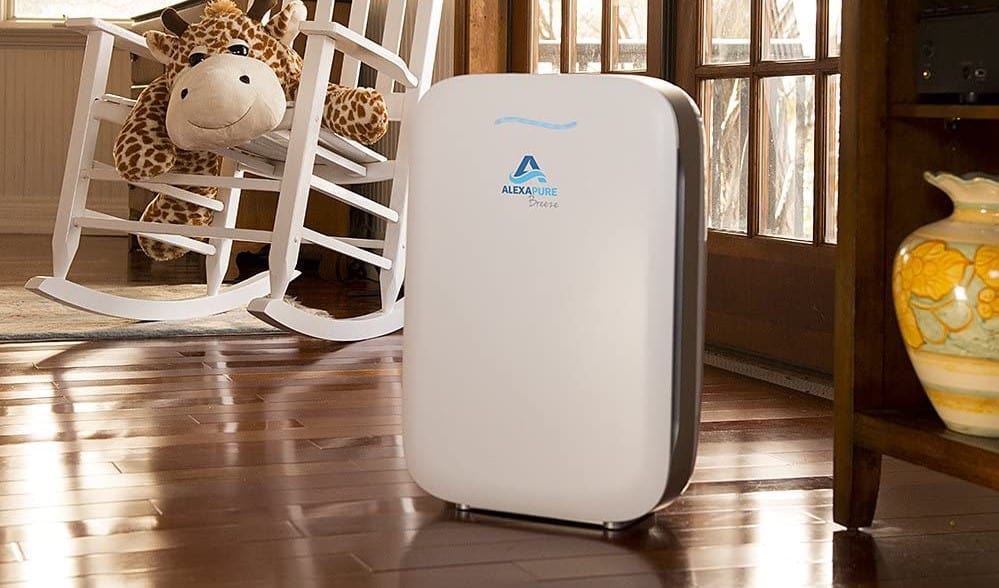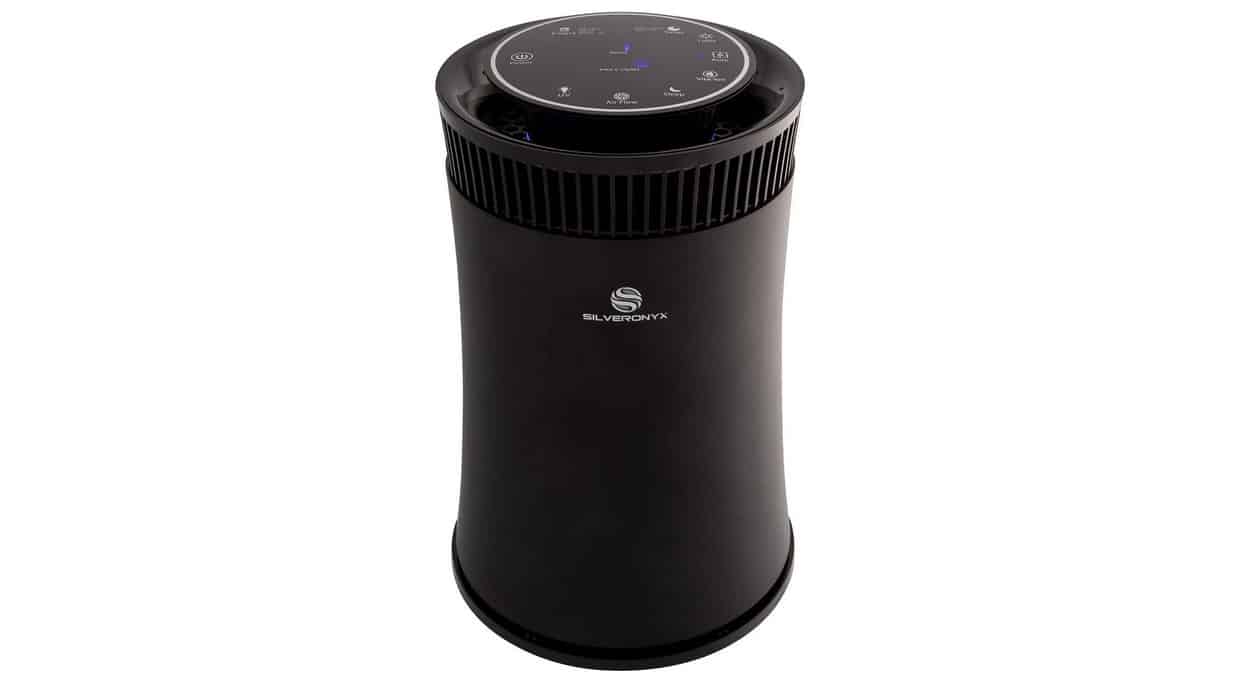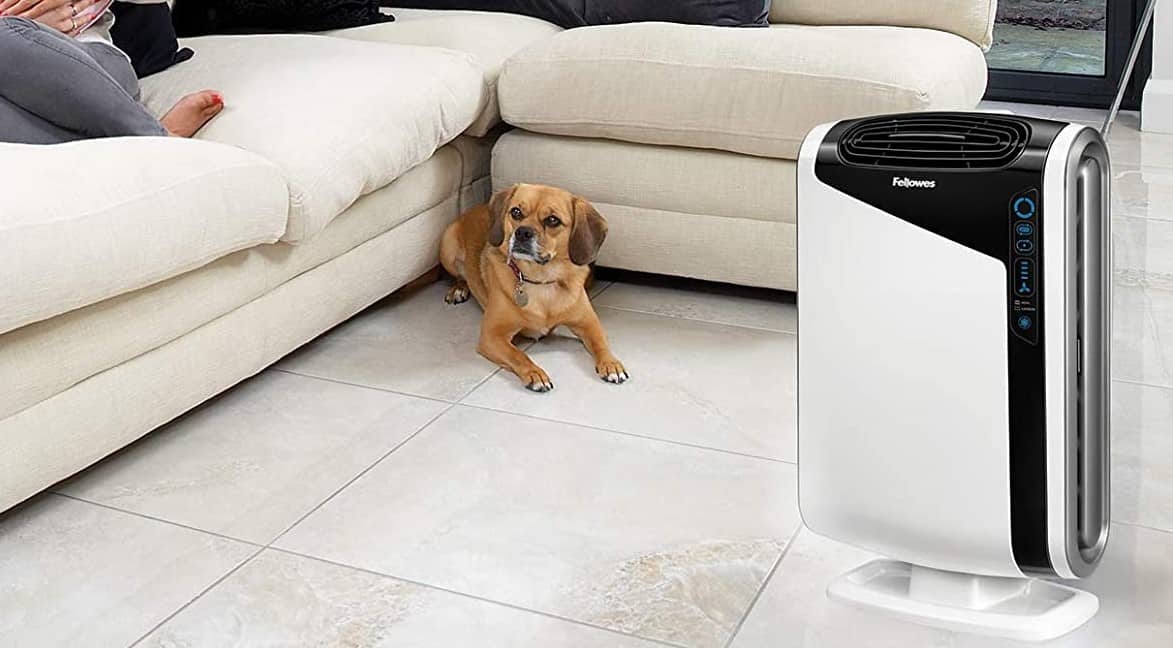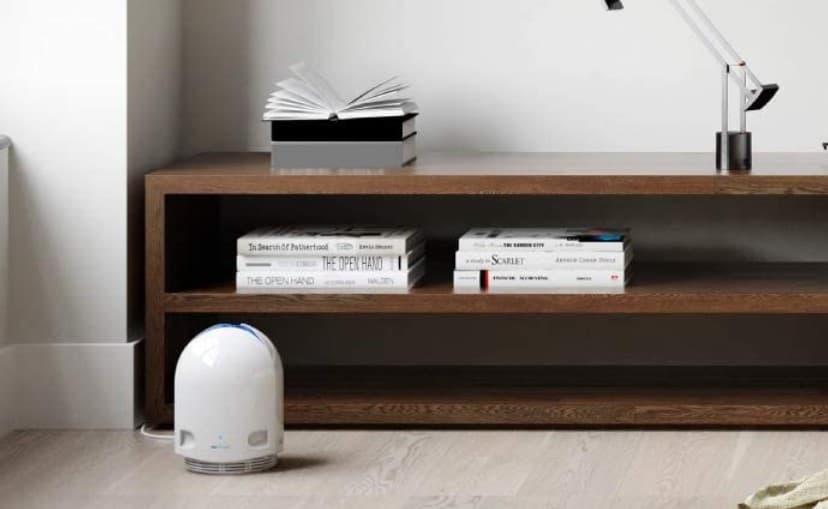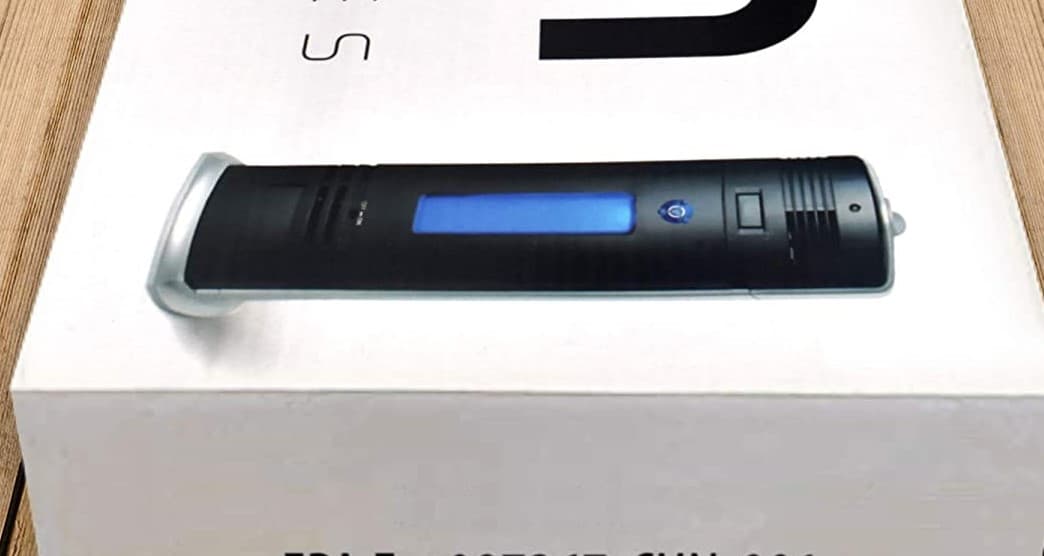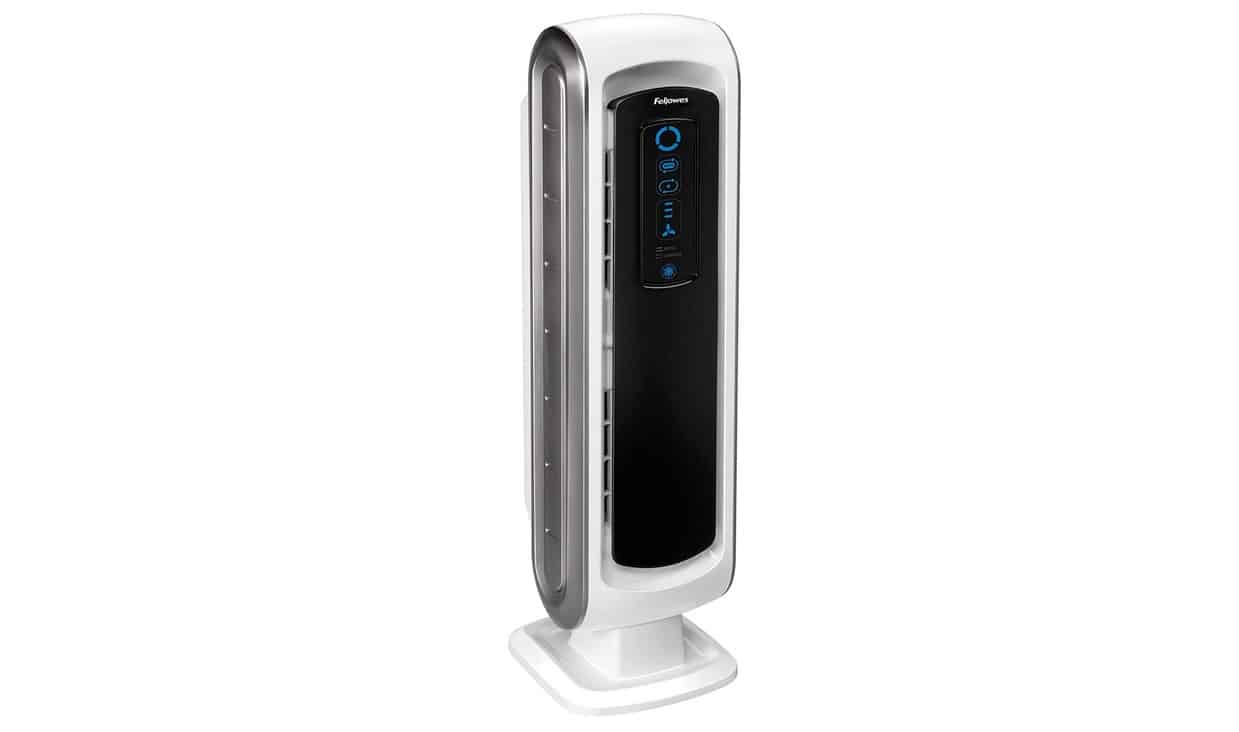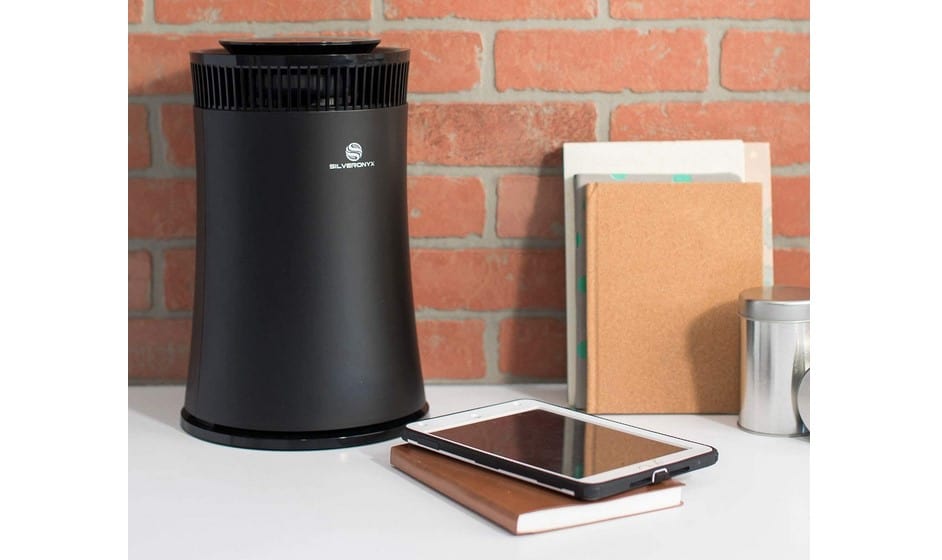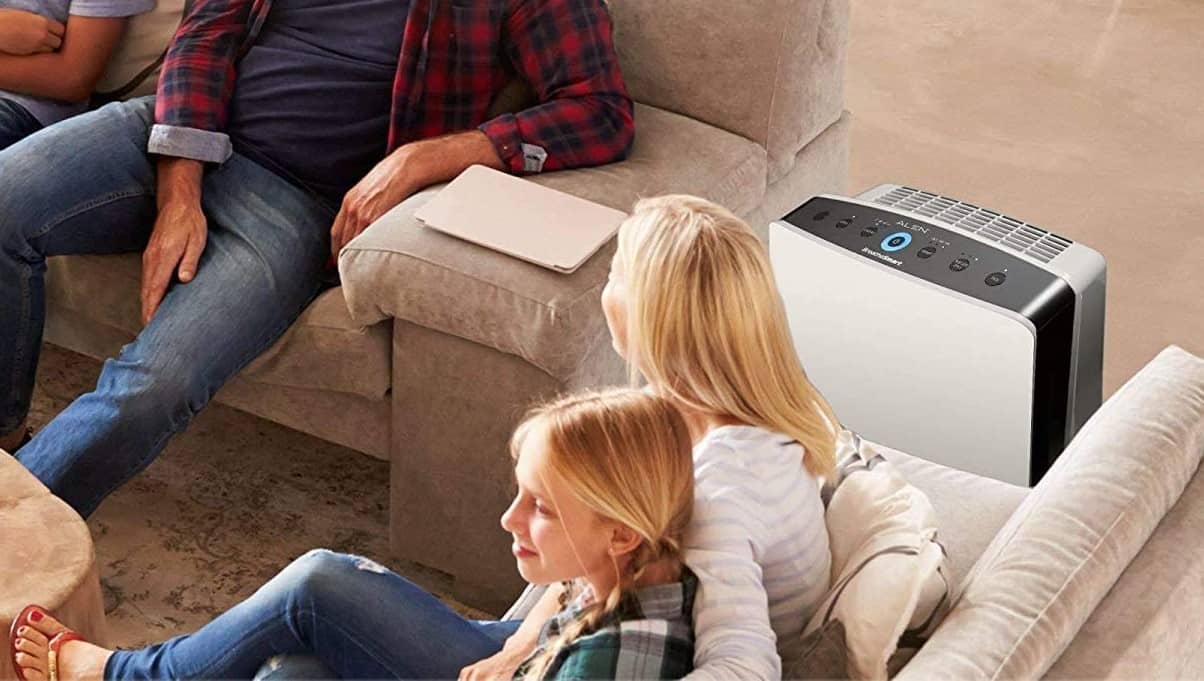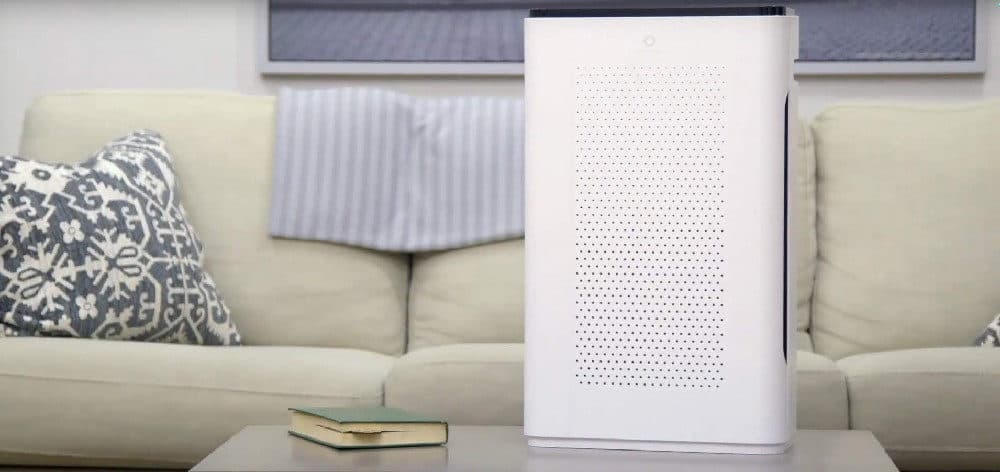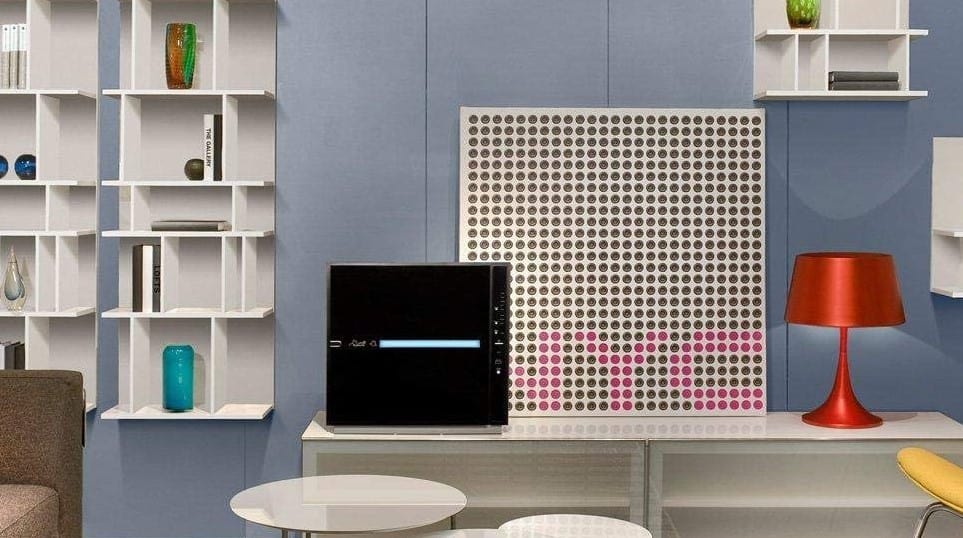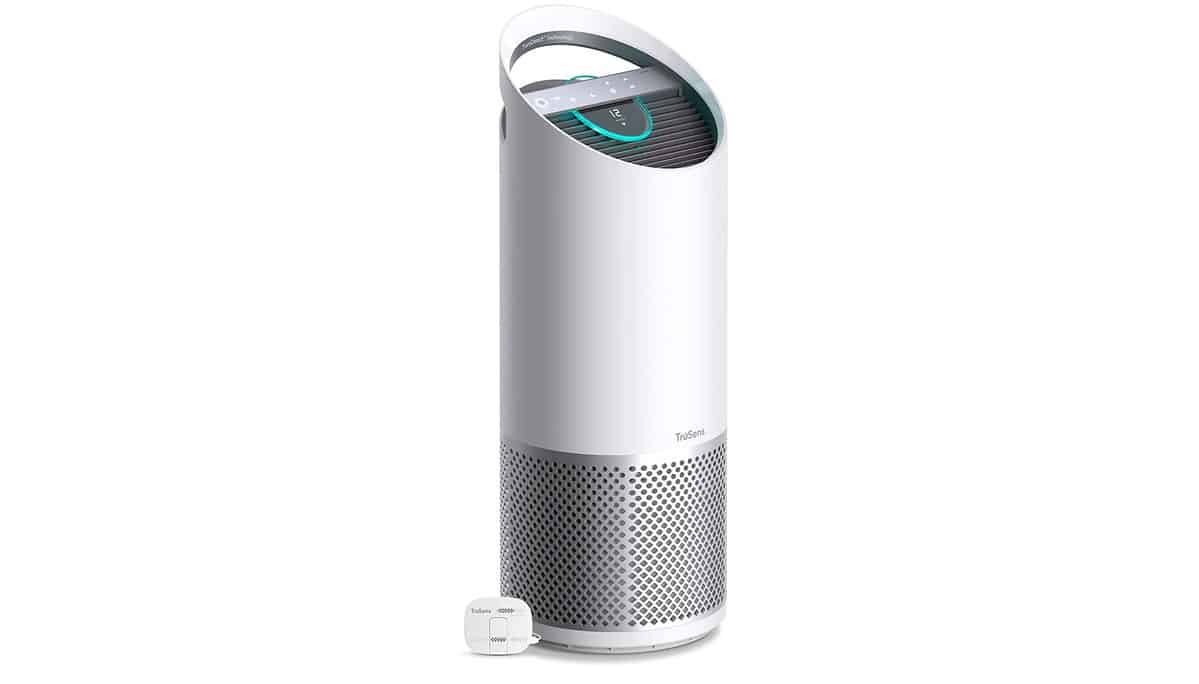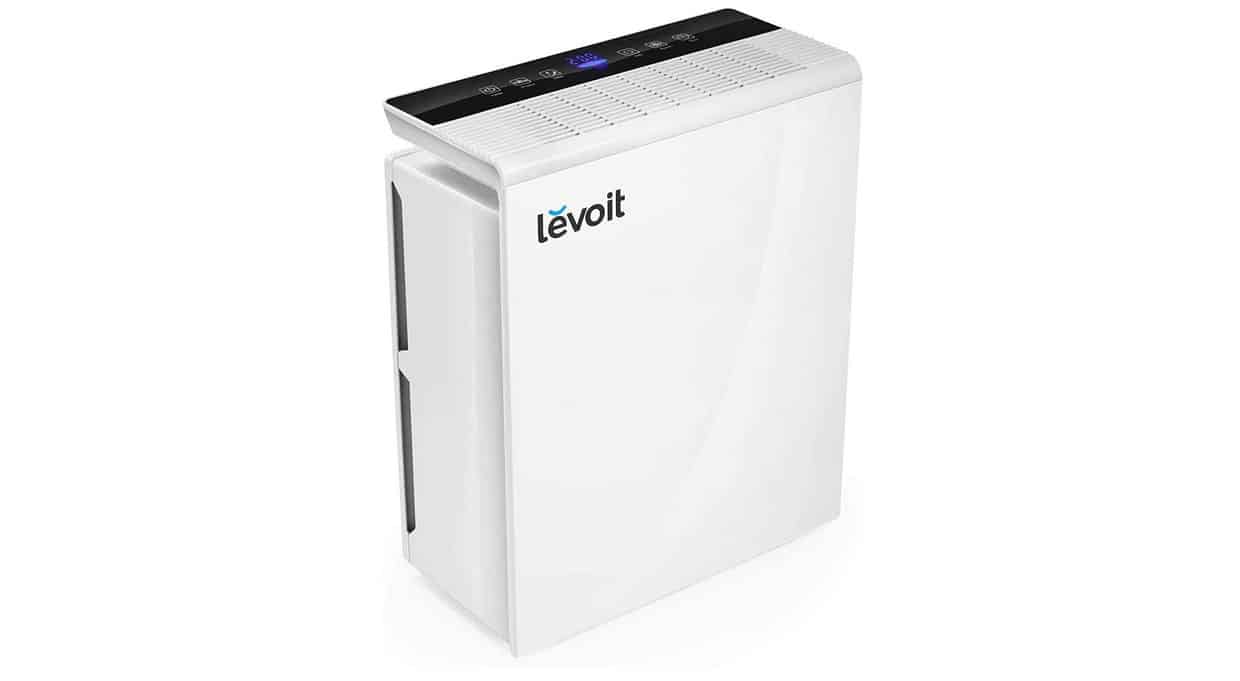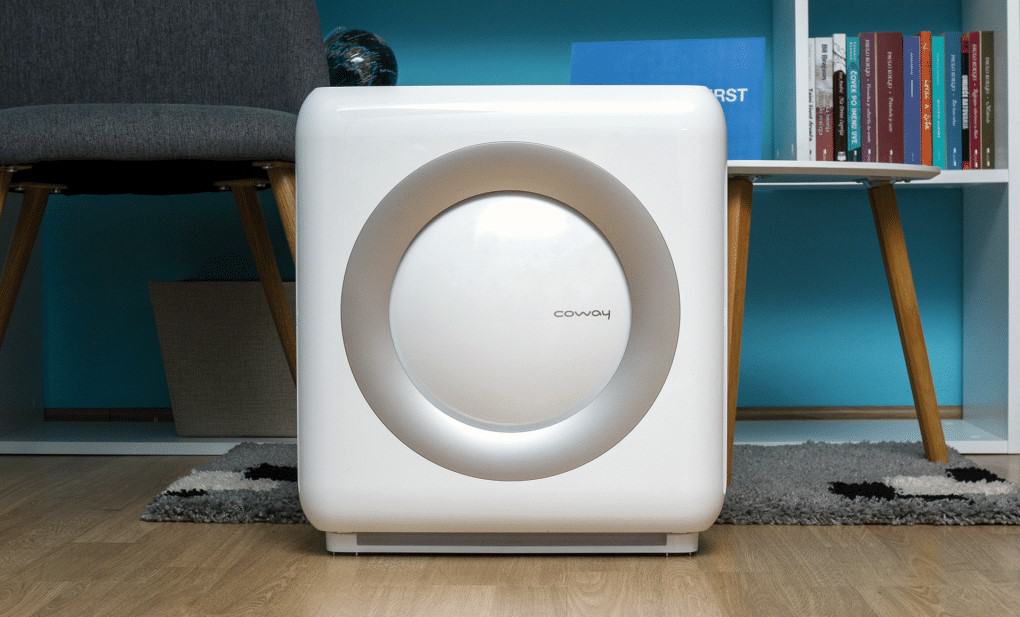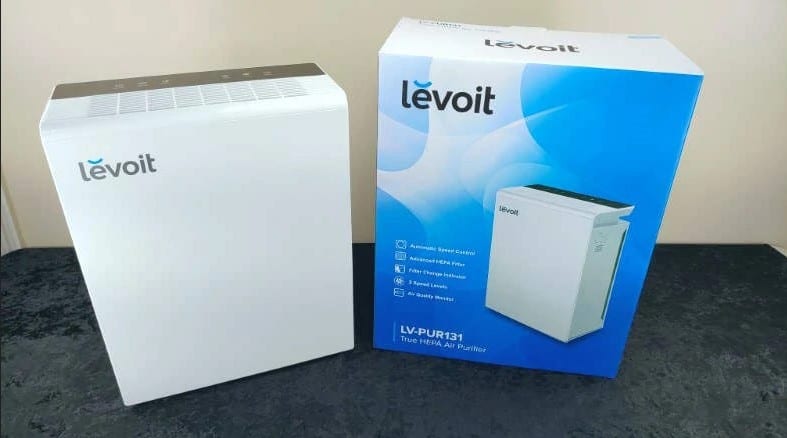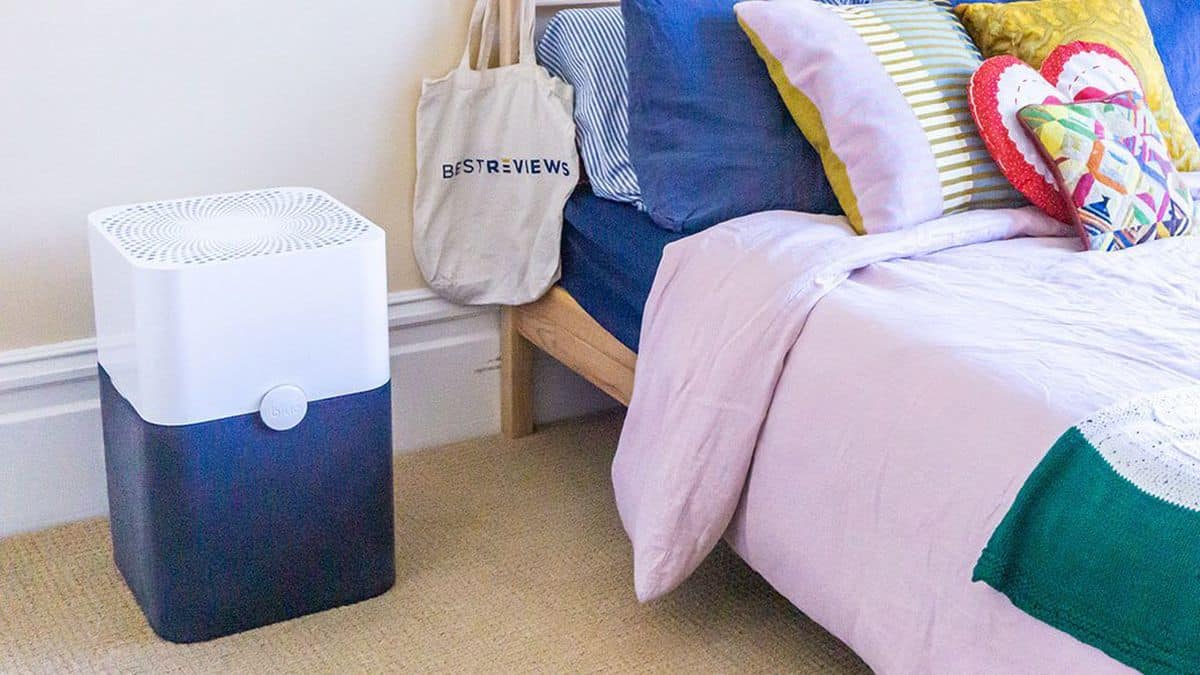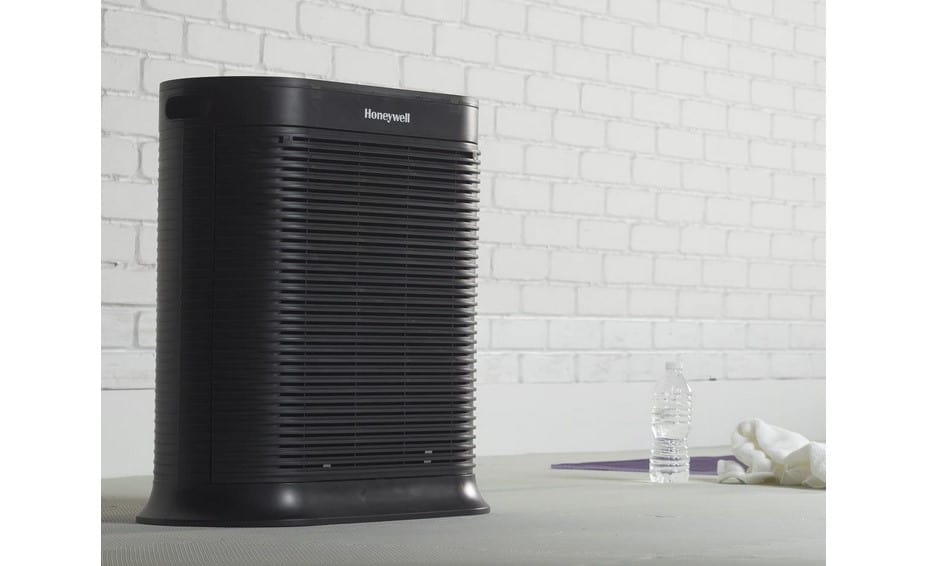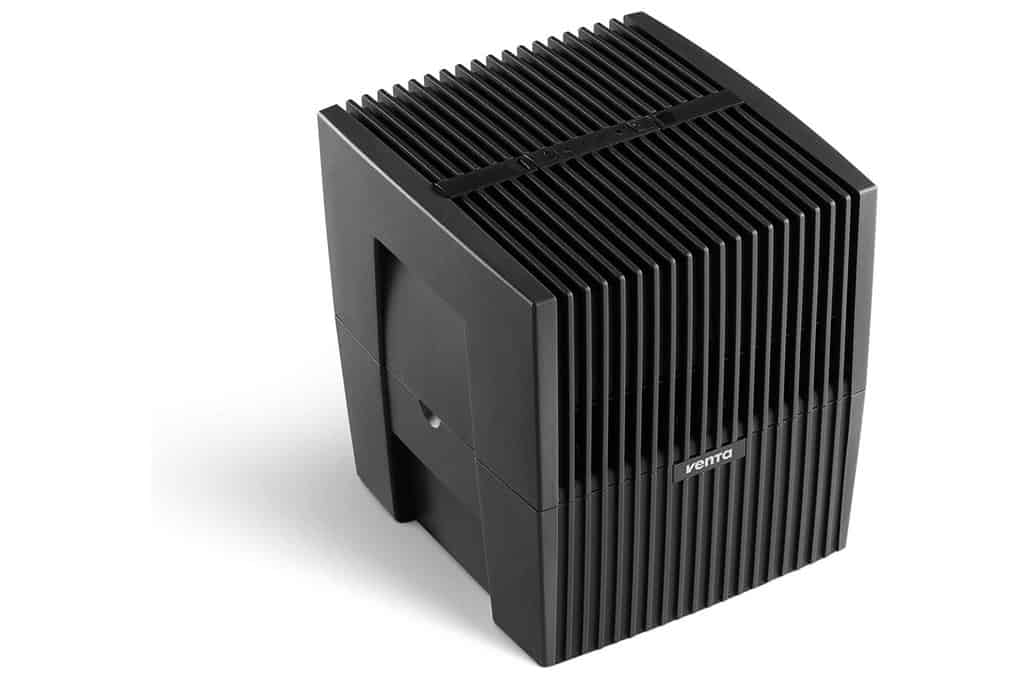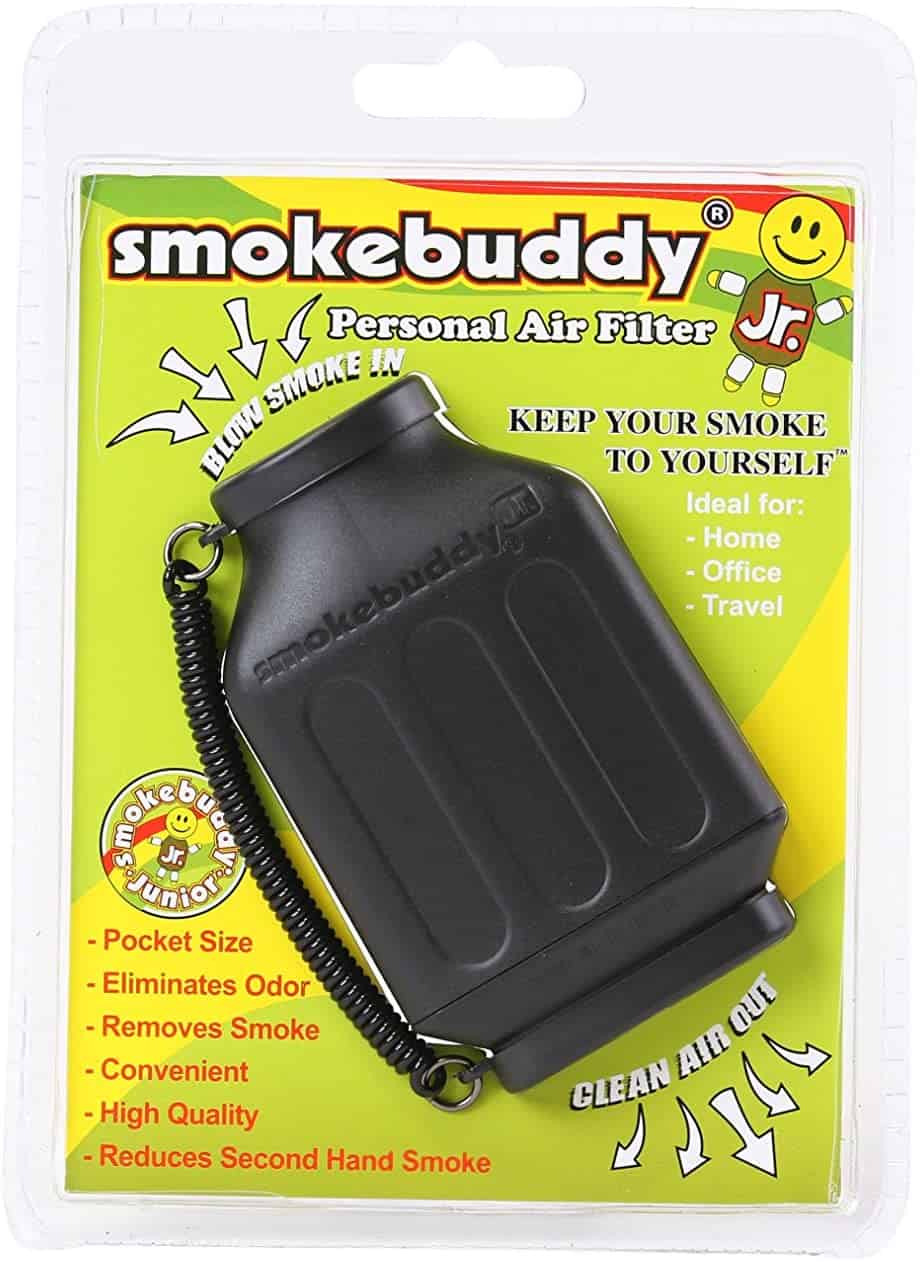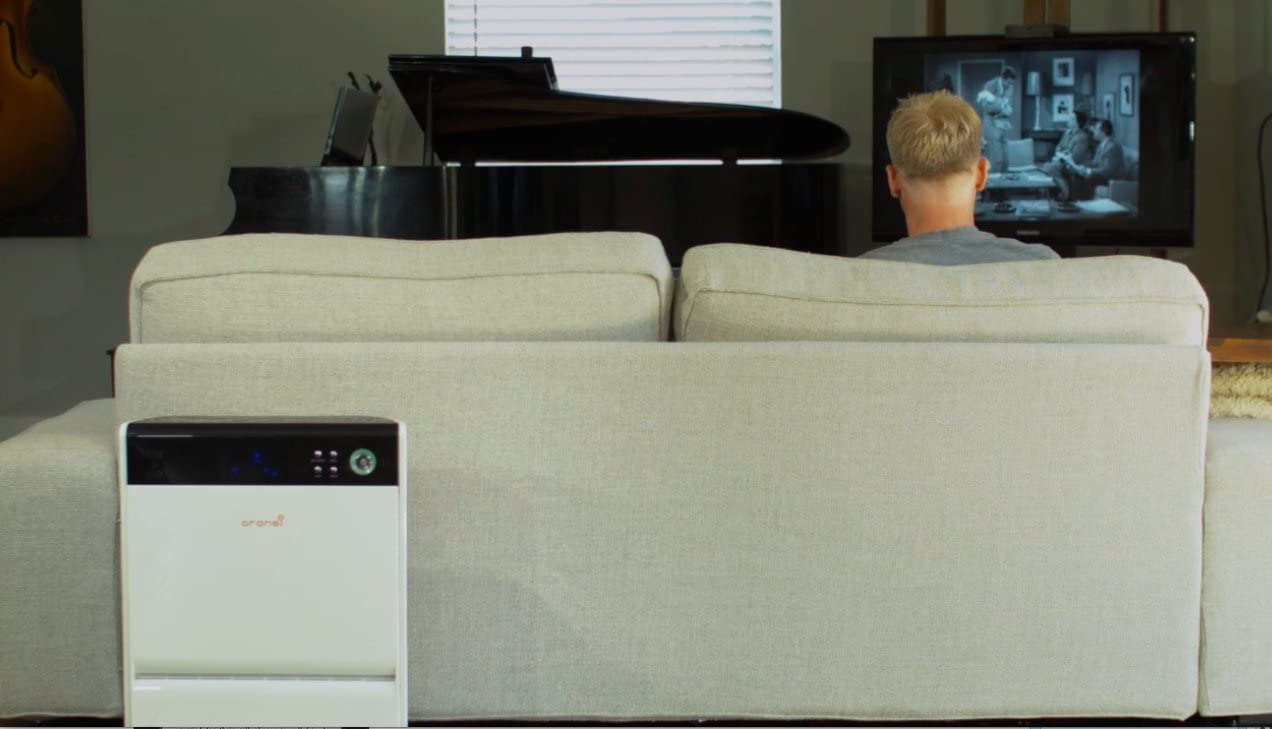Air purifiers have become increasingly popular as air pollution levels and fear of airborne virus exposure rise. However, you may wonder about using an activated carbon filter vs. a HEPA filter, at least in terms of which makes the best air purifiers. To answer this question, we have to consider for what purpose you want to use the filter. For example, do you want one for allergies or odors? To find out more, continue reading.
KEY TAKEAWAYS:
- Consumers wanting to reduce unpleasant odors and gaseous pollutants in their houses should use an air purifier with an activated carbon filter.
- HEPA air filters block 99.97% of airborne pollutants with a size of 0.3 microns in diameter.
- Some air purifiers may use activated carbon and HEPA filters, while others may combine HEPA filters with other air purifying technologies.
What’s the Difference: HEPA-based vs. Carbon-based Air Purifiers?
Air purifiers use both HEPA- and carbon-based filters, though not always in the same cleaner. These two filtration methods may seem similar in that they trap particulate matter within the filter’s surface. However, you would want to use the two different filtrations if you are having certain problems.
Before moving onward, our lineup of purifier comparisons covers the different types of purifiers and their capabilities. Start with the Xioami air purifier 2S vs 2, Xiaomi air purifier 2 vs Pro, and Winix air purifier C545 vs C555. Then, we compare the different types of units like air cleaners vs purifiers, HEPA air purifiers vs UV, and air purifiers vs house plants. Check them out as you shop for an air purifier.
For example, several studies showed that an activated carbon filter remains ideal for removing gas molecules that are pollutants. Similarly, a HEPA-based filter should be used to remove airborne particles. You may also want to read about the best air purifiers and humidifiers or the best air purifiers under $100.
Insider Tip
Consider an activated carbon filter to reduce smells within your house.
What are Activated Carbon Air Purifiers?
Activated carbon filters, also known as activated carbon filters, work to eliminate odor and gas molecules. The molecules pass through the activated carbon filter, and they stick to the surface of said filter. Thus, they can help to reduce odors from smoke, pets, paint and varnish, mold, cooking, and volatile organic compounds, among other things. To trap these gaseous pollutants, the carbon filter must first be activated. However, this process is simpler than it sounds.
How Does Carbon Become Activated?
Charcoal makes up many activated carbon components, though some products may use coal or coke. The carbon becomes activated after exposure to oxygen or steam at about 482° F, which also increases the size of the filter. The manufacturer then exposes the product to air to burn outgasses. This activation process forms a graded and screened form of activated carbon without dust. The filter is then placed inside an air purifier to help eliminate gaseous contaminants.
What Are HEPA Filters?
Many air purifiers utilize a high-efficiency particulate air (HEPA) filter because they are considered the best option. This belief stems from the fact that HEPA filters must stop 99.97% of larger particles to be certified by the government. The MERV rating system measures the effectiveness of a HEPA filter. These filters’ qualities reduce exposure to particles in the designated space that could cause allergies, asthma symptoms, and health issues. In addition, they improve the indoor air quality without producing ozone as ozone generators do.
Types of Air Purifiers Combined with HEPA Filters
Ionic purifiers with HEPA filtration help to further reduce dangerous materials in the air. These cleaners come in the form of electrostatic precipitators and air ionizers. Electrostatic precipitators sometimes use ultraviolet light to eradicate particles that the purifier has irradiated. After the particulate matter passes through the HEPA filter, these filters use UV-light, specifically UV-C lights, to reduce the percentage of particulate matter in the air even more.
Warning
HEPA-based air purifiers do not help with odor filtration.
F.A.Q.S
How do carbon air filters trap gaseous pollutants?
The gaseous pollutants get caught in the activated carbon filter as the air passes through the air purifier.
Should you use a carbon air filter?
Activated carbon air filters are ideal for the removal of gaseous contaminants and odors.
Which is better: carbon or HEPA Filters?
They each have their merits and usage. For example, if you are attempting to reduce the particulate matter in your air, you should consider a HEPA filter. However, if you are concerned about odors, an activated carbon filter would be better.
STAT: Multiple studies of room air purifiers show that using HEPA filters results in reductions of 50 percent or higher reduction in particulate matter. (source)

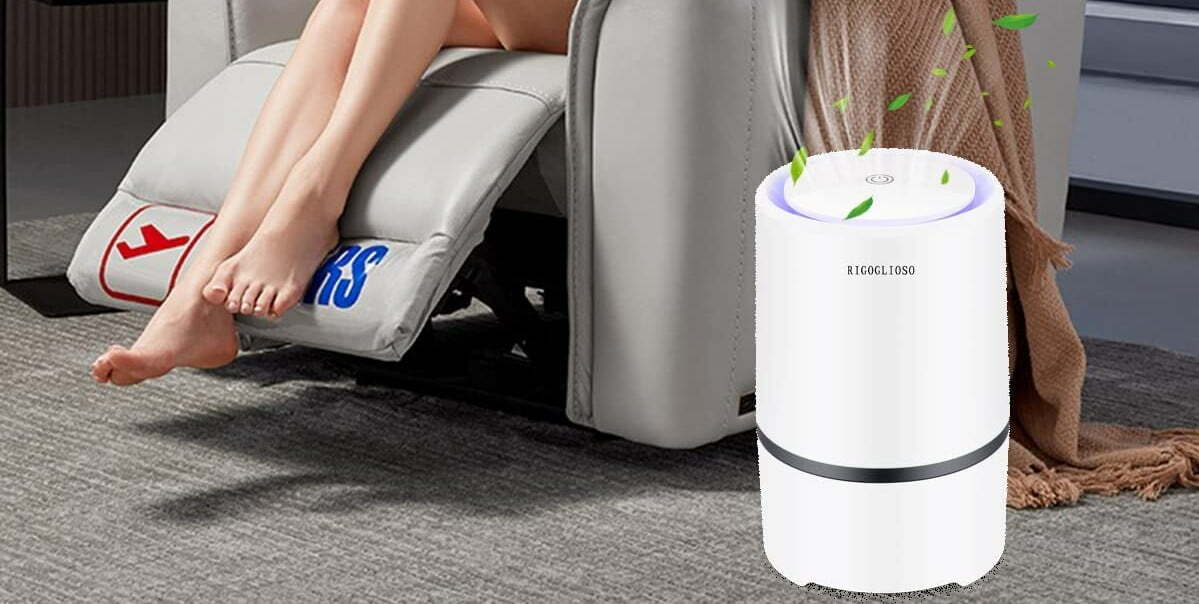













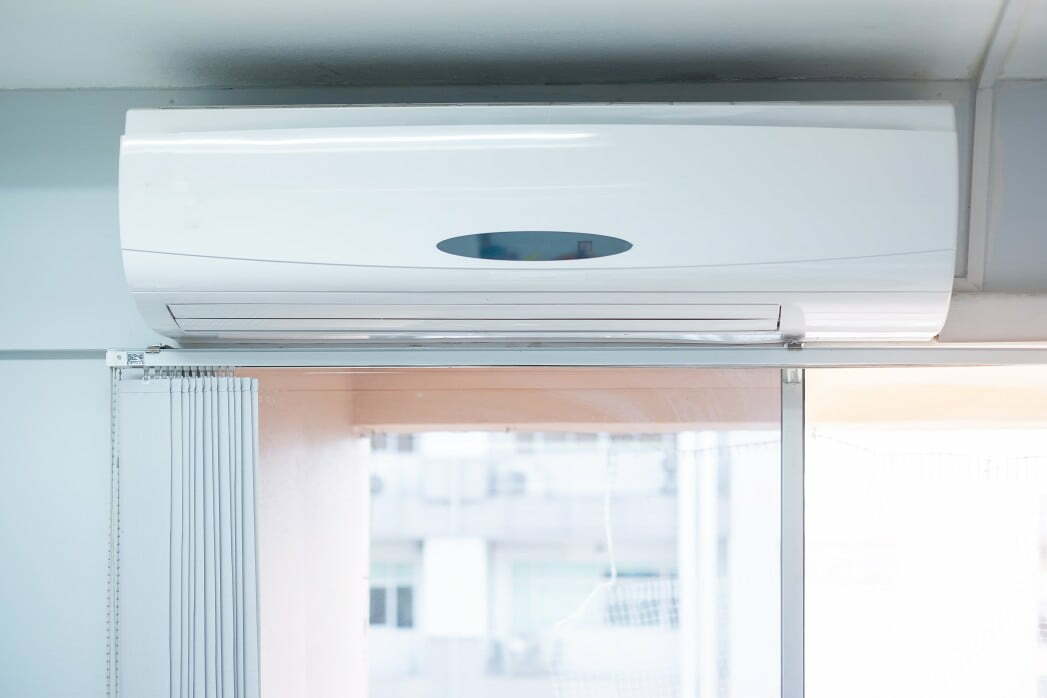

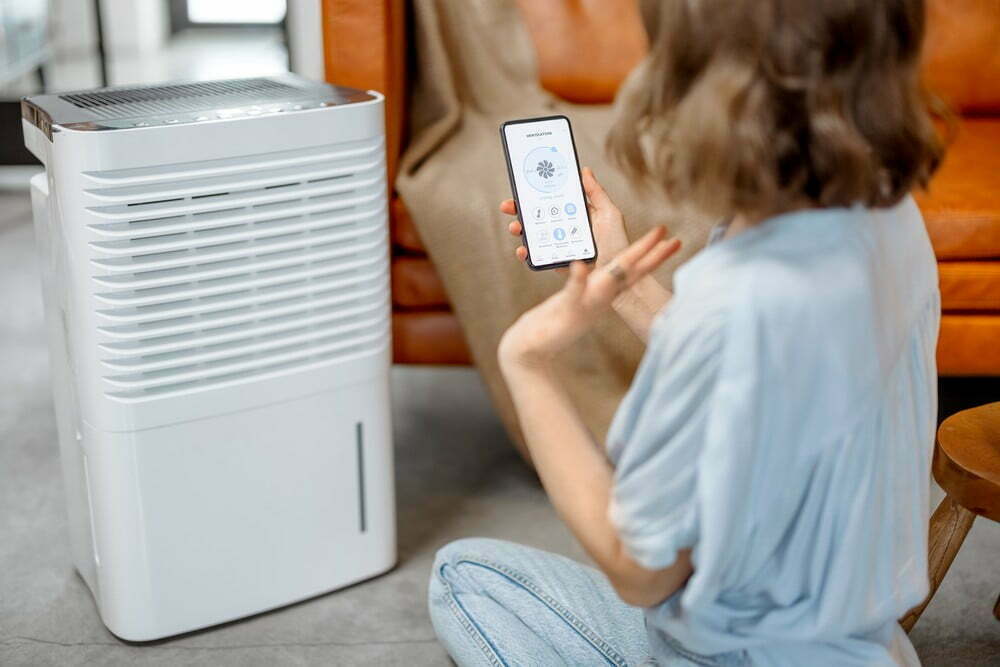
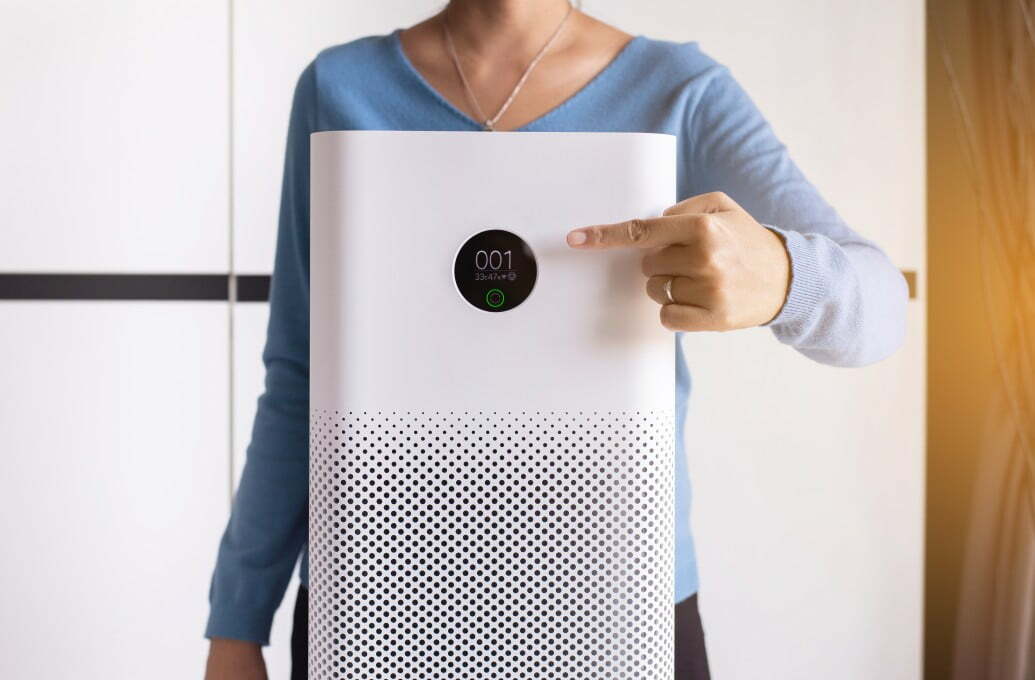
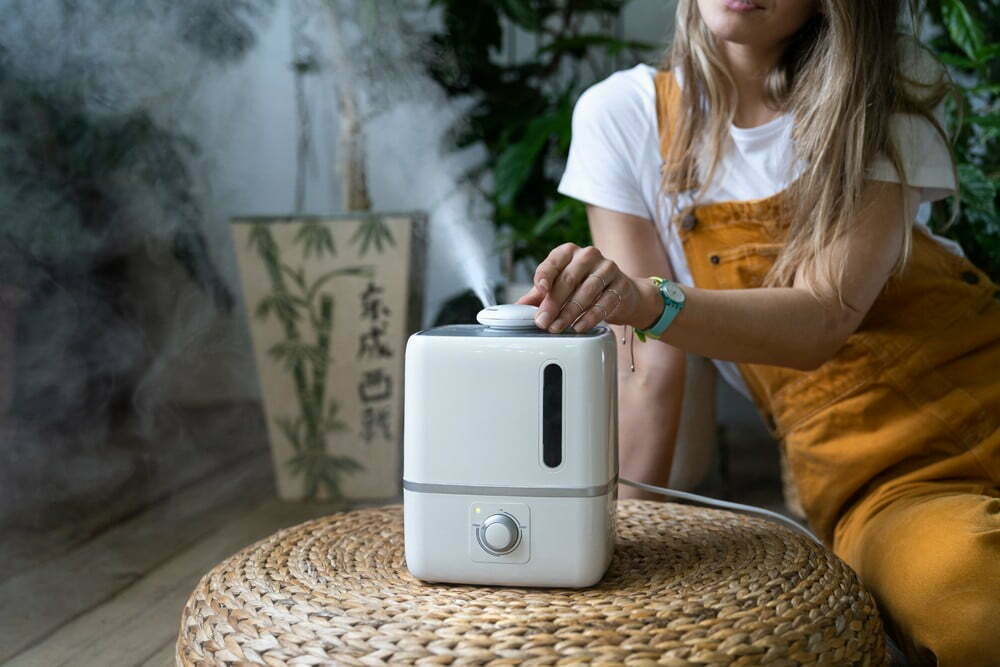


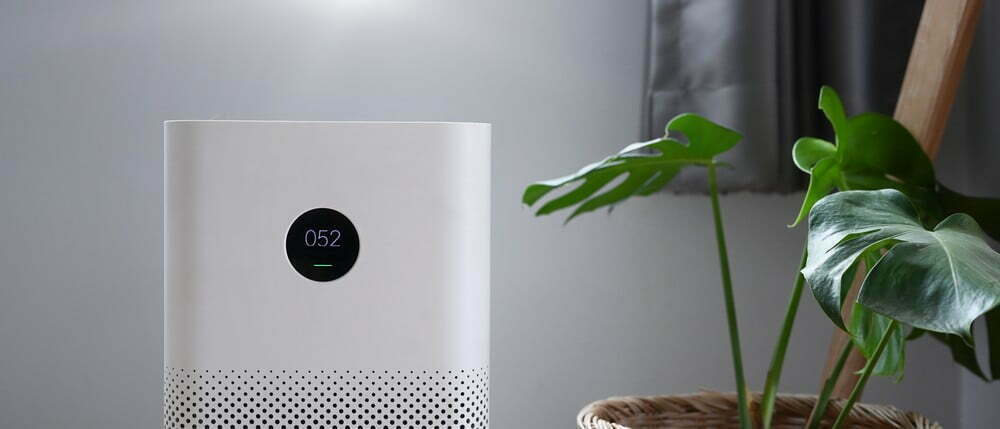
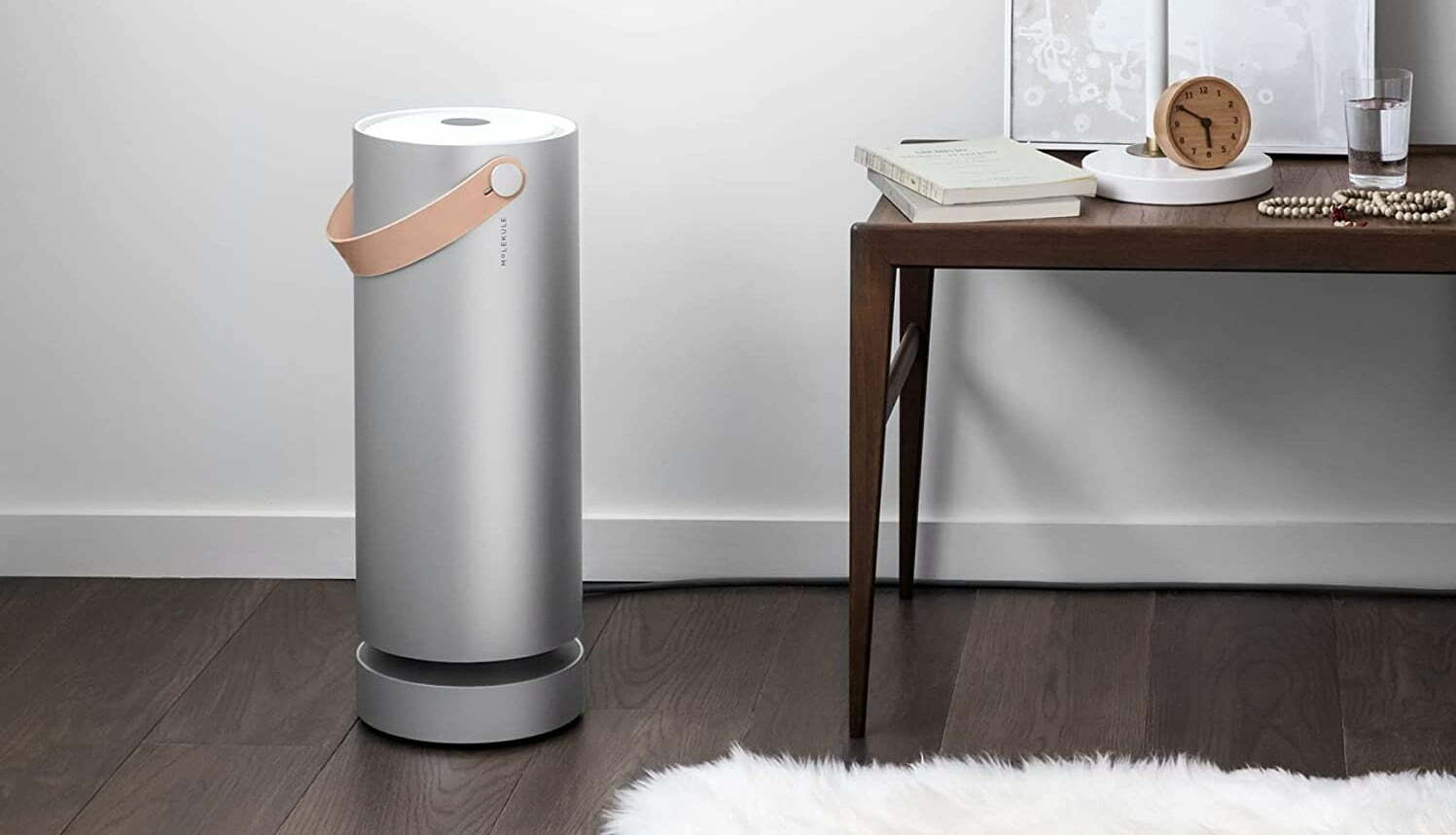
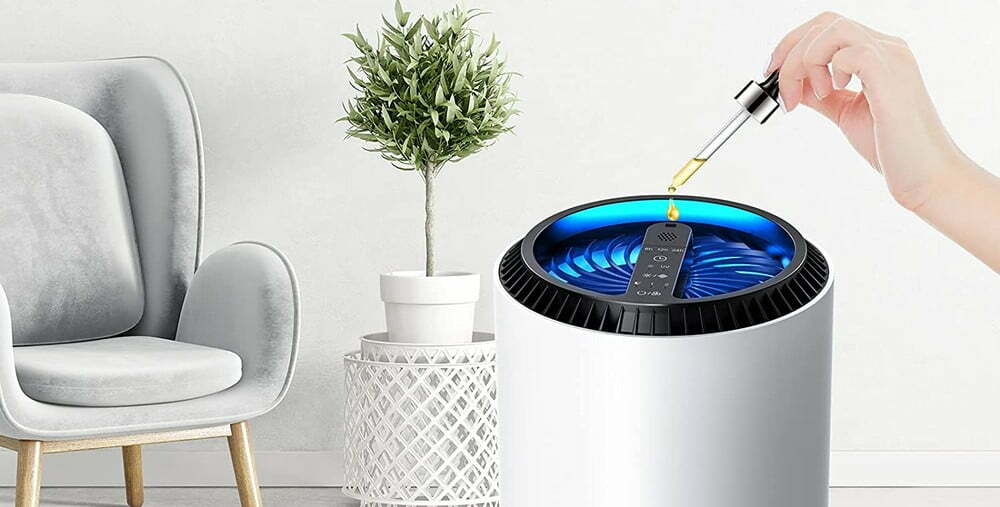
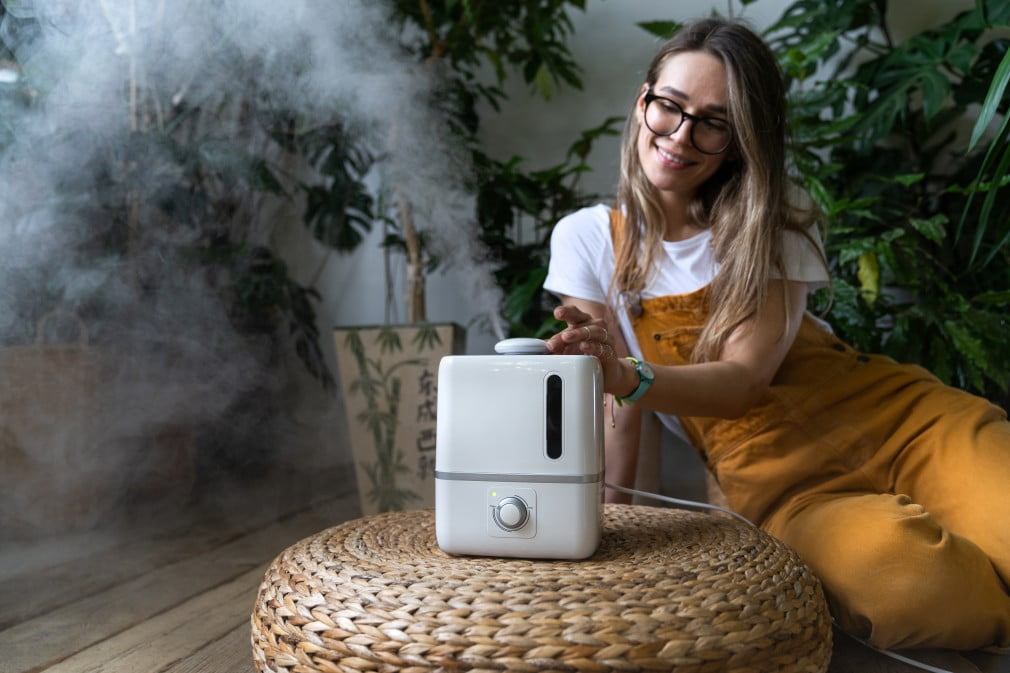
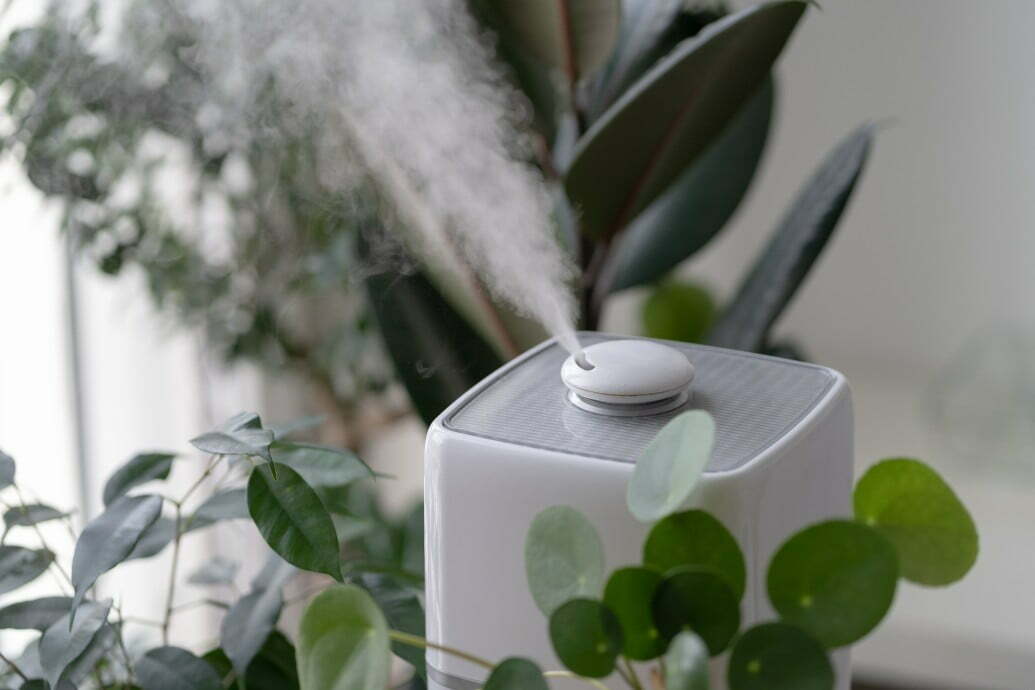

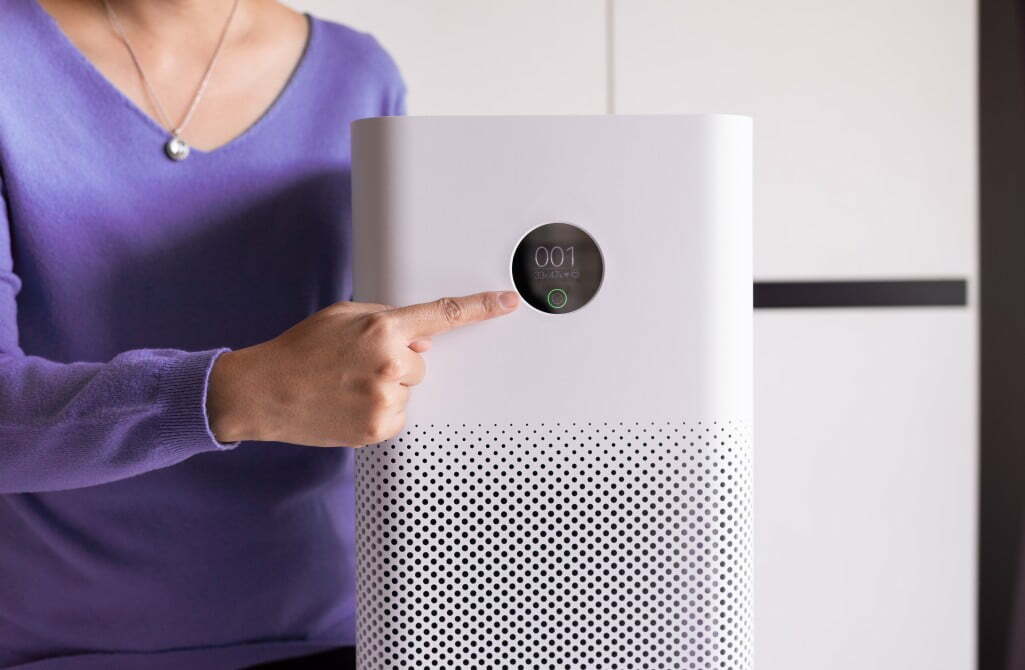
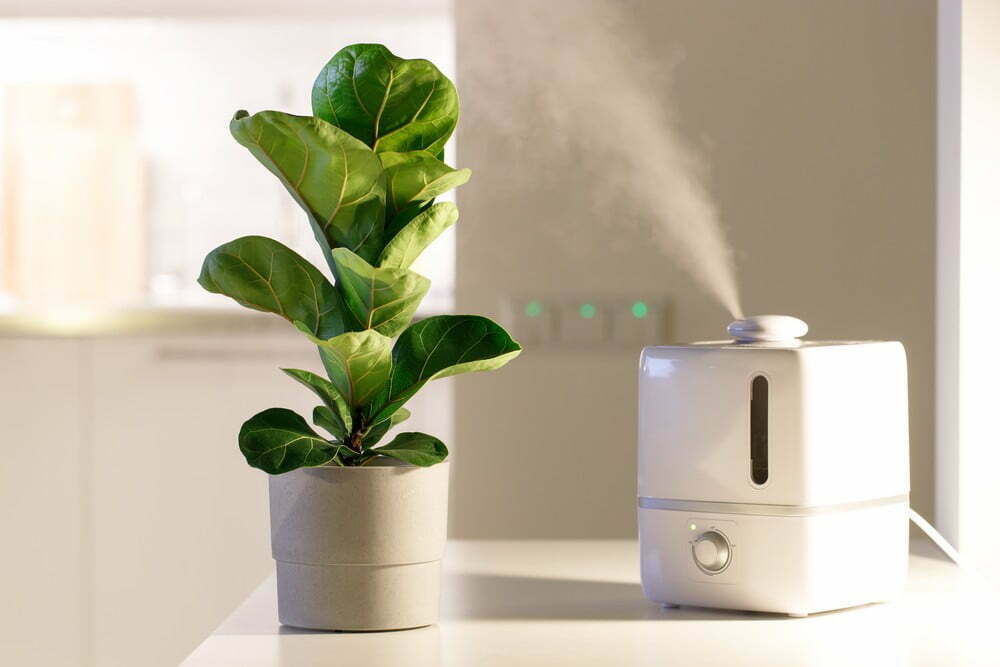


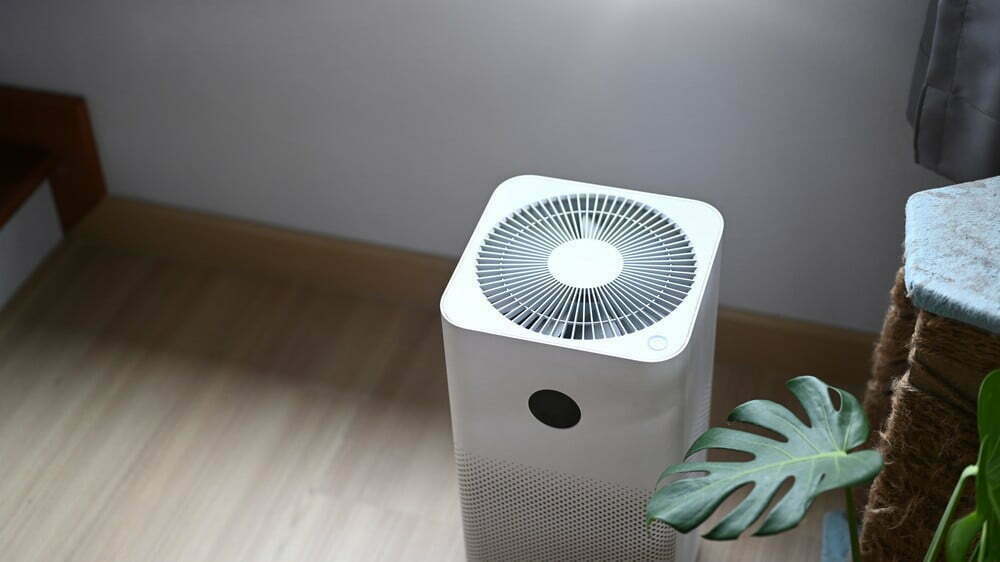
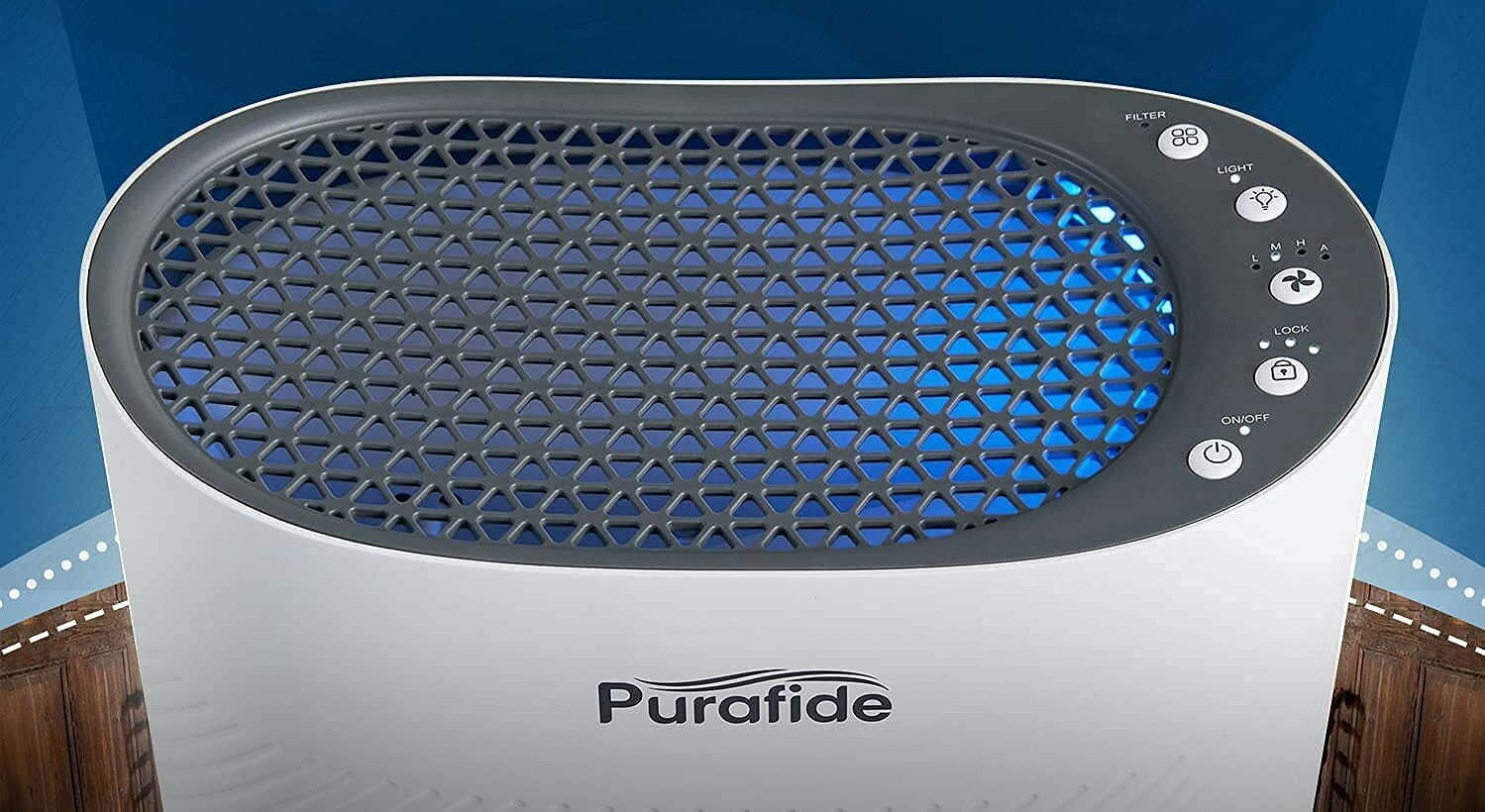
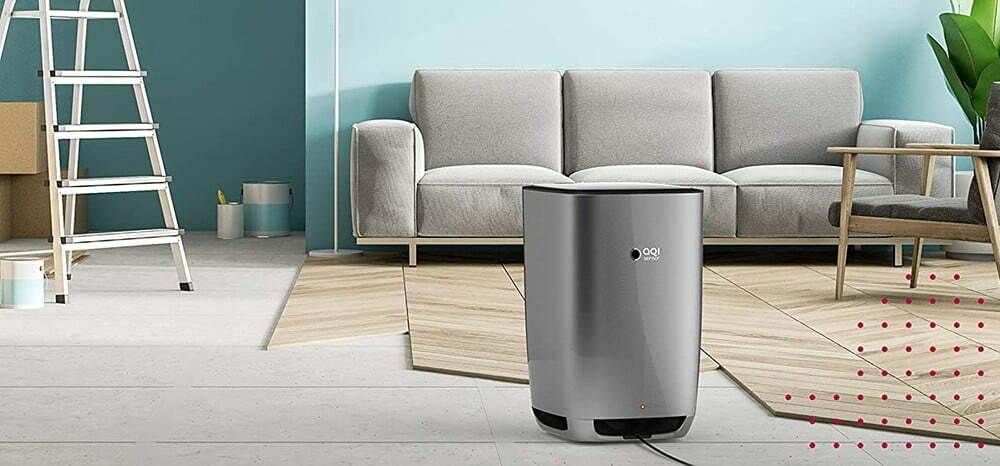
![Best Air Purifiers for VOCs and Formaldehyde in [year] 27 Best Air Purifiers for VOCs and Formaldehyde in 2026](https://www.gadgetreview.dev/wp-content/uploads/best-air-purifier-for-vocs-and-formaldehyde-image.jpg)
![Best Air Purifier in [year] ([month] Reviews) 28 Best Air Purifier in 2026 (January Reviews)](https://www.gadgetreview.dev/wp-content/uploads/Honeywell-True-HEPA-Allergen-Remover-HPA300-e1475603569442.jpg)
![Best Air Purifiers for Dust in [year] 29 Best Air Purifiers for Dust in 2026](https://www.gadgetreview.dev/wp-content/uploads/best-air-purifier-for-dust-image.jpg)
![Best Honeywell Air Purifiers in [year] 30 Best Honeywell Air Purifiers in 2026](https://www.gadgetreview.dev/wp-content/uploads/best-honeywell-air-purifier-image.jpg)
![Best Germicidal Air Purifiers in [year] 31 Best Germicidal Air Purifiers in 2026](https://www.gadgetreview.dev/wp-content/uploads/best-germicidal-air-purifier-image.jpg)
![Best Filterless Air Purifiers in [year] 32 Best Filterless Air Purifiers in 2026](https://www.gadgetreview.dev/wp-content/uploads/best-filterless-air-purifier-image.jpg)
![Best Levoit Air Purifiers in [year] 33 Best Levoit Air Purifiers in 2026](https://www.gadgetreview.dev/wp-content/uploads/best-levoit-air-purifier-image.jpg)
![Best Air Purifiers for Smoking Weed in [year] 34 Best Air Purifiers for Smoking Weed in 2026](https://www.gadgetreview.dev/wp-content/uploads/best-air-purifier-for-smoking-weed-image.jpg)
![Best Quiet Air Purifiers in [year] 35 Best Quiet Air Purifiers in 2026](https://www.gadgetreview.dev/wp-content/uploads/best-quiet-air-purifier-image.jpg)
![Best Desktop Air Purifiers in [year] 36 Best Desktop Air Purifiers in 2026](https://www.gadgetreview.dev/wp-content/uploads/best-desktop-air-purifier.jpg)
![Best Dyson Air Purifiers in [year] 37 Best Dyson Air Purifiers in 2026](https://www.gadgetreview.dev/wp-content/uploads/best-dyson-air-purifier.jpg)
![Best Air Purifiers for Dorm Room in [year] 38 Best Air Purifiers for Dorm Room in 2026](https://www.gadgetreview.dev/wp-content/uploads/air-purifier-for-dorm-room-1.jpg)
![Best Air Purifiers for Office in [year] 39 Best Air Purifiers for Office in 2026](https://www.gadgetreview.dev/wp-content/uploads/best-air-purifier-for-office.jpg)
![Best Air Purifiers for Basement in [year] 40 Best Air Purifiers for Basement in 2026](https://www.gadgetreview.dev/wp-content/uploads/best-air-purifier-for-basement.jpg)
![Best Air Purifiers For Odor in [year] 41 Best Air Purifiers For Odor in 2026](https://www.gadgetreview.dev/wp-content/uploads/best-air-purifier-odor.jpg)
![10 Best Personal Air Purifiers in [year] 42 10 Best Personal Air Purifiers in 2026](https://www.gadgetreview.dev/wp-content/uploads/best-personal-air-purifiers.jpg)
![10 Best Plug In Air Purifiers in [year] 43 10 Best Plug In Air Purifiers in 2026](https://www.gadgetreview.dev/wp-content/uploads/best-plug-in-air-purifier-image.jpg)
![10 Best Whole House Air Purifiers in [year] 44 10 Best Whole House Air Purifiers in 2026](https://www.gadgetreview.dev/wp-content/uploads/best-whole-house-air-purifier-image.jpg)
![10 Best Large Room Air Purifiers in [year] 45 10 Best Large Room Air Purifiers in 2026](https://www.gadgetreview.dev/wp-content/uploads/Coway-Airmega-200M-Large-Room-Air-Purifier-900x900-1.png)
![10 Best UV Air Purifiers in [year] 46 10 Best UV Air Purifiers in 2026](https://www.gadgetreview.dev/wp-content/uploads/best-uv-air-purifier.jpg)
